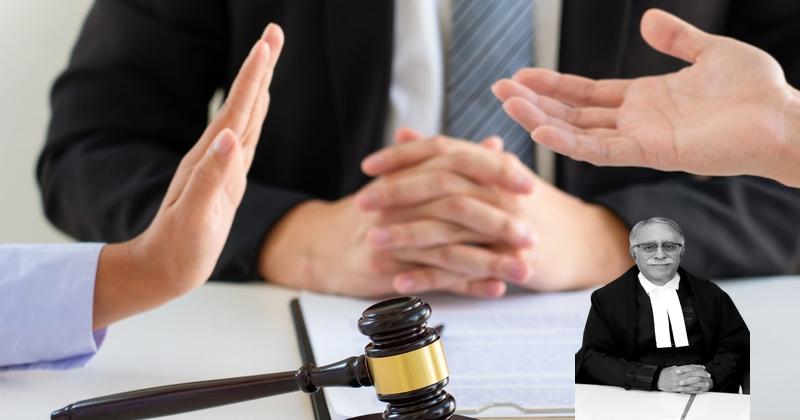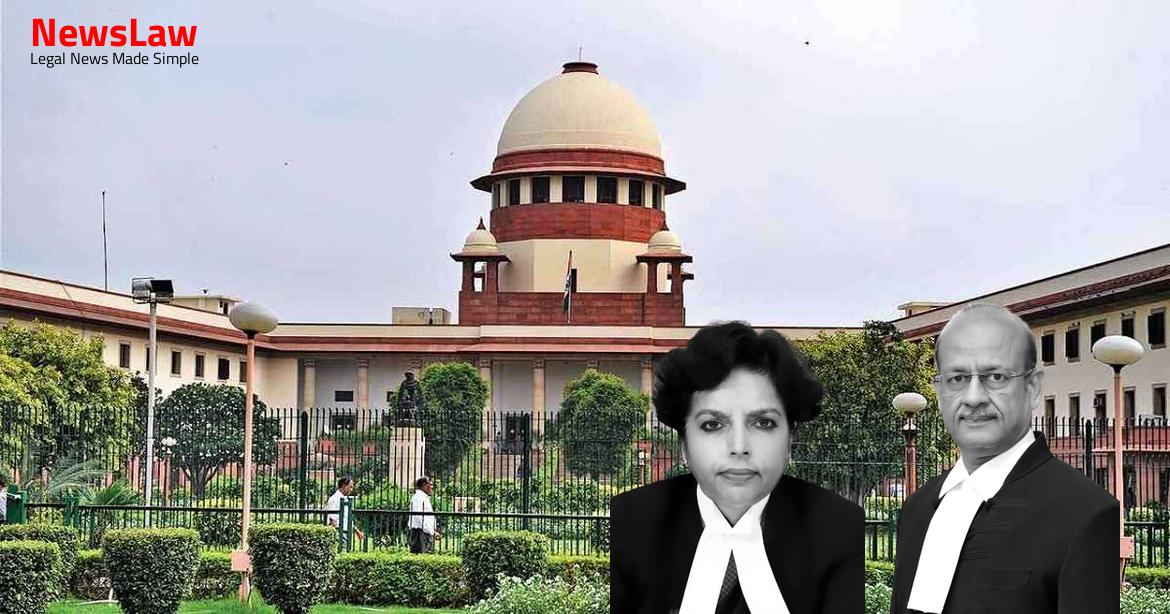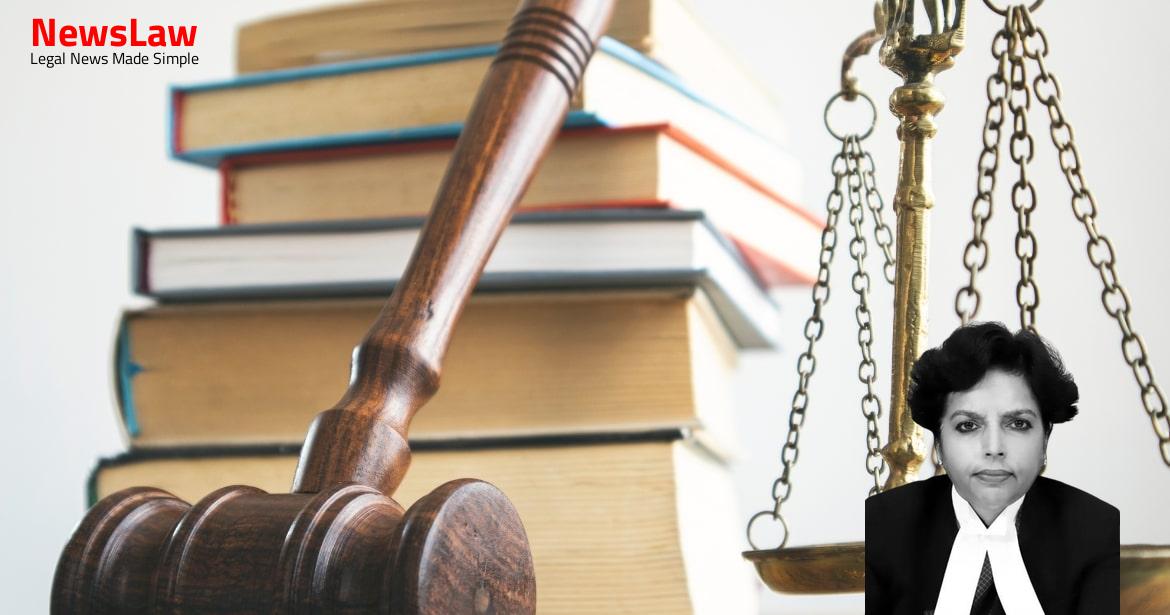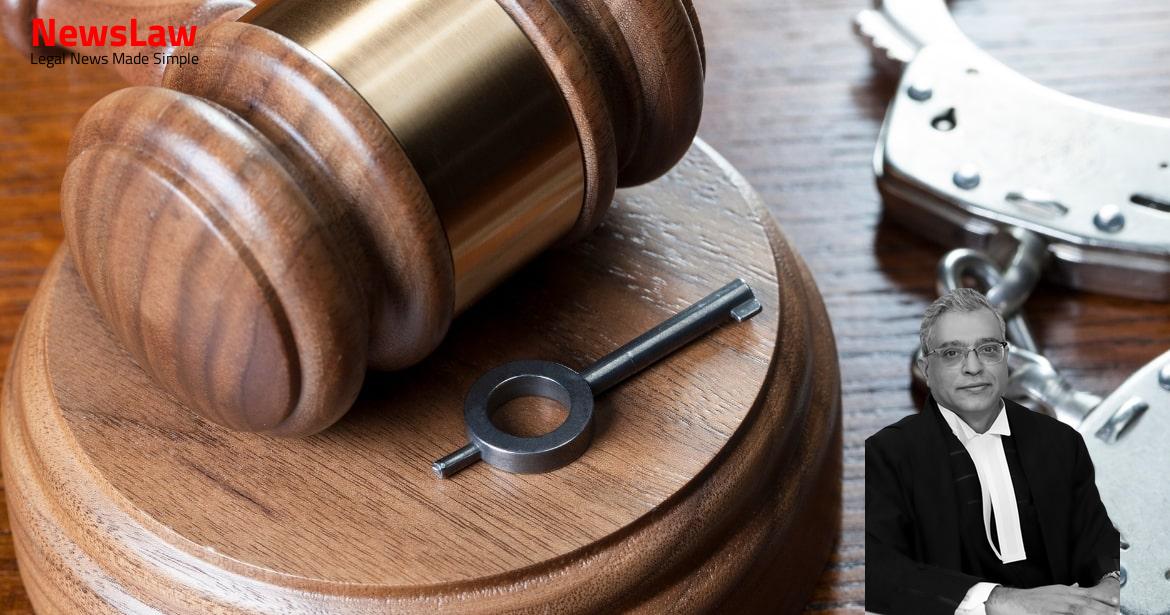Two questions arise for consideration- one, whether under the recognized parameters of exercise of power under Section 482, in the facts of the present case, the non- exercise of power is justified and two, whether the District Police Chief, Kottayam could have ordered the further investigation pursuant to which the second final report was filed?
Also Read: https://newslaw.in/supreme-court/differences-between-parties-and-witnesses-in-a-civil-suit/
The Final Report (hereafter, FR-I) placed on record dated 30 December, 2015 records that the complainant was asked to produce documents in this regard, but despite notice, the same 3 were not produced, nor were any other documents, in regards to any financial transaction. State (NCT of Delhi) ; G.V Rao v. The evolution of Section 173 CrPC has been noted by this Court in Vinubhai Haribhai Malaviya (supra).
The power therefore, under Section 190, of a Magistrate ordering such investigation, would encompass further investigation under Section 173 (8). The superior courts are even vested with the power of transferring investigation from one agency to another, provided the ends of justice so demand such action. “Further investigation” is where the investigating officer obtains further oral or documentary evidence after the final report has been filed before the court in terms of Section 173(8). This distinction between further investigation and fresh investigation/reinvestigation/ de novo investigation being that the former is a continuation of the previous investigation and is done on the basis of discovery of fresh material, whereas the latter can only be done when there is a definite order of the court to that effect which must states the reason as to why the previous investigation is incapable of being acted upon. CBI it was observed that although the section is not specific in respect of the Court’s power to order further investigation, the power of the police can be set into motion upon the order of such a court. The Chief Police Officer of a district is the Superintendent of Police who is an officer of the Indian Police Service.
State of Uttarakhand (two-Judge bench) it was observed that the High Court must use its powers under Section 482 only sparingly and to facilitate the ends of justice.
(2013) 13
Also Read: https://newslaw.in/supreme-court/high-courts-analysis-on-interference-with-arbitral-awards/
SCC 673 1992 Supp (1) 335 11 (2) Where the allegations in the first information report and other materials, if any, accompanying the FIR do not disclose a cognizable offence, justifying an investigation by police officers under Section 156(1) of the Code except under an order of a Magistrate within the purview of Section 155(2) of the Code.
(5) Where the allegations made in the FIR or complaint are so absurd and inherently improbable on the basis of which no prudent person can ever reach a just conclusion that there is sufficient ground for proceeding against the accused. Courts are not to stymie any investigation into a cognizable offence; C. The powers under this section are to be used ‘sparingly’ and with due circumspection.
In exercise of this power, it is not for the court to go into questions of legitimacy or reliability of the allegations made in the FIR/Complaint; F. by a bench of two judges (consisting one of us, Krishna Murari, J.): “35.To establish the offence of cheating in inducing the delivery of property, the following ingredients need to be proved: (i) The representation made by the person was false.
Sudha Seetharam, (2019) 16 SCC 739 : (2020) 2 SCC (Cri) 454], the ingredients to constitute an offence under Section 420 are as follows: (i) a person must commit the offence of cheating under Section 415; and (ii) the person cheated must be dishonestly induced to: (a) deliver property to any person; or (b) make, alter or destroy valuable security or anything signed or sealed and capable of being converted into valuable security. The only ingredient out of the four required, being in the present case is that in the ordinary course, none of the persons would have given any money, and therefore were induced to deliver property which otherwise they would have not. MC
Also Read: https://newslaw.in/supreme-court/promotion-policy-for-rank-of-avm-in-indian-air-force/
No 6 of 2018 passed by the High Court of Kerala is set aside and Criminal Case No.132 of 2017 is quashed.
Case Title: PEETHAMBARAN Vs. THE STATE OF KERALA (2023 INSC 481)
Case Number: Crl.A. No.-001381-001381 / 2023



